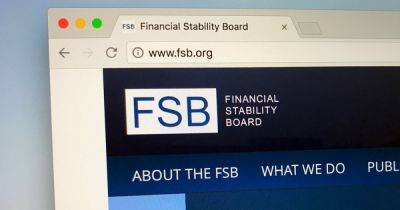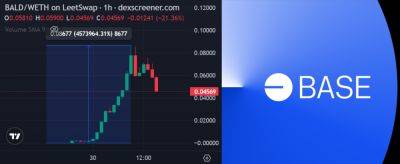Coin Center and Blockchain Association slam ‘unworkable’ US Senate DeFi bill
Crypto industry advocacy bodies have slammed a newly proposed United States Senate bill for what they say is a confused approach to regulating the decentralized finance (DeFi) sector.
On July 20, crypto think tank Coin Center and crypto advocacy group the Blockchain Association released separate statements describing the legislation as a “messy," "unworkable," and "unconstitutional” way of regulating DeFi.
Introduced on July 18, the bipartisan Crypto-Asset National Security Enhancement Act (CANSEE) bill aims to reign in money laundering violations in DeFi.
If passed, the legislation would extend new penalties to anyone who “controls” or “makes available an application designed to facilitate transactions using a digital asset protocol.” They would also be required to adhere to anti-money laundering and financial reporting standards.
The definition of who or what “controls” a DeFi protocol was left to be made by the U.S. Secretary of the Treasury — a move some pundits say will lead to excessive controls being applied to DeFi.
In its July 20 blog post, Coin Center wrote the bill gives “virtually unbounded discretion to the Secretary to decide what it would take to designate one as having ‘control’ of a protocol.”
Additionally, the think tank declared the bill to be unconstitutional as it would crack down on software developers who — as an extension of free speech — have a First Amendment right to publish code.
We've looked at the new bill by @SenJackReed, @SenatorRounds, @SenatorWarner,and @SenatorRomney that would extend sanctions penalties and AML obligations to developers of decentralized protocols. It's unconstitutional and ill-considered. Our analysis: https://t.co/TR2rsAAQHK
Coin Center was also concerned with the scope of
Read more on cointelegraph.com






















